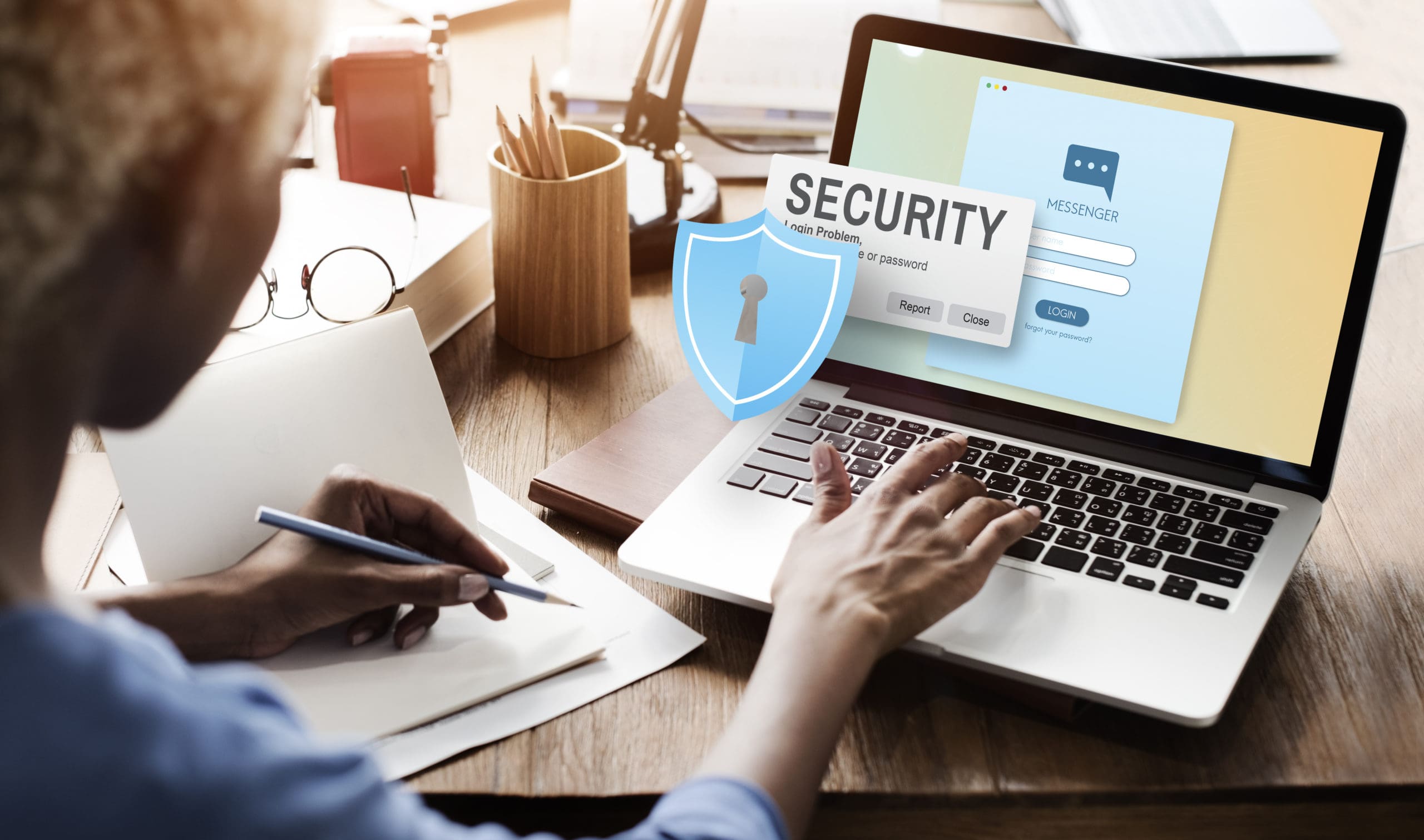Washington, D.C. — Almost two-thirds of full-time employees in the United States reuse passwords on work accounts and devices, according to a new survey from Visual Objects.
Recycling the same password on multiple accounts is like having one key for every door — if cybercriminals crack that password, they can access all those accounts.
Visual Objects is not a cybersecurity company; instead, it serves as a portfolio website that showcases work from top creative firms. As such, Visual Objects enables businesses to see creative agencies’ work and visualize future projects.
The survey showed Millennial workers are 6.5 times more likely to reuse work passwords than Baby Boomers, who use safer password practices. The company’s survey also found 91% of employees believe their company is responsible for cybersecurity practices.
In a press release, Visual Objects cites Brad Bussie, vice president of Entisys360’s Advyz Cyber Risk Services, who says Millennials’ comfort with technology encourages poor password behavior.
“Millennials tend to trust that large services have their best interests in mind and that security is built-in,” Bussie adds. “They are the first generation that had easy access to global information.”
Cybersecurity experts recommend companies integrate a two-factor authentication system or a password manager. Neither requires employees to recall complex strings of characters, and both better protect data.
Employees Use Work Devices for Personal Activities
Currently, 63% of employees aren’t concerned about storing personal information on work devices, according to the survey. More than one-fourth of Baby Boomers (27%) are very comfortable with keeping personal information on work devices, despite associated cyber risks. However, only 17% of Millennials felt this way.
Using work devices for personal activities can make work data more vulnerable. Some experts feel Baby Boomers may not understand the importance of separating work and personal data. However, Christine Sabino, senior associate at data breach claims company Hayes Connor, thinks Millennials are better suited to separate their web activity across multiple devices.
“[Millennials] have more technological devices, like a personal laptop, tablet, mobile phone, and games console,” says Sabino, cited in the press release. “They are less likely to require the use of their work laptop for these [personal] activities.”
Also cited in the press release: Olga Gutenko is a business development manager for security at Vaimo who emphasizes employees share much of the responsibility for cybersecurity.
“Even in this remote work period, employers need to develop a security-focused culture that has buy-in from all employees, [where] employees share the responsibility for security,” Gutenko says.
Visual Objects surveyed 500 full-time U.S. employees to learn about how employees affect cybersecurity at their companies. View the full report here.
This article originally appeared in CS sister publication Security Sales & Integration.













